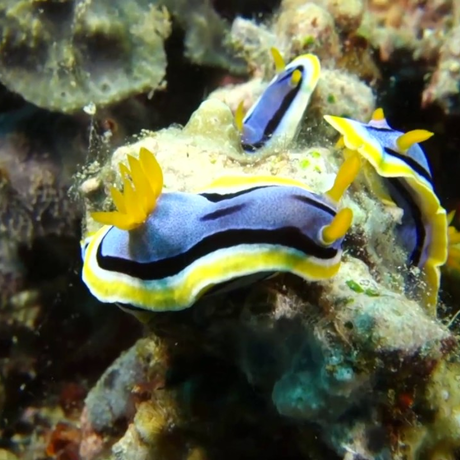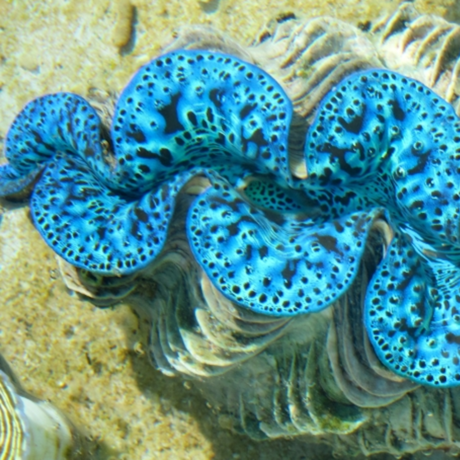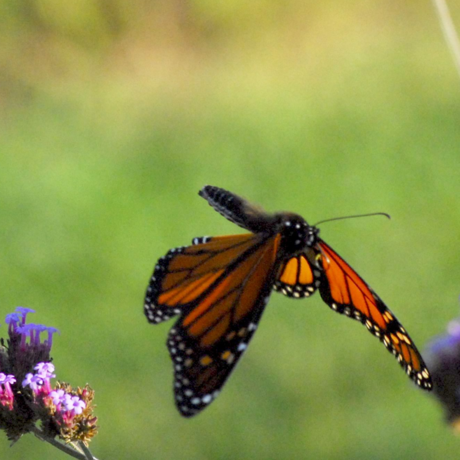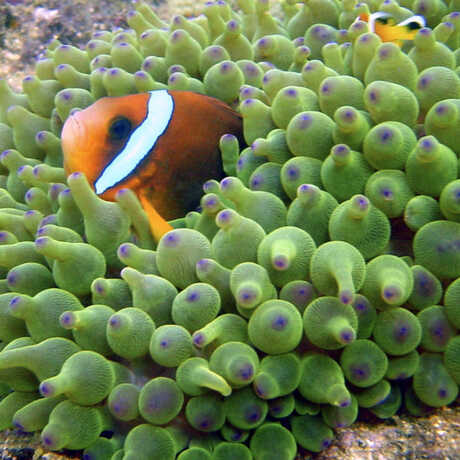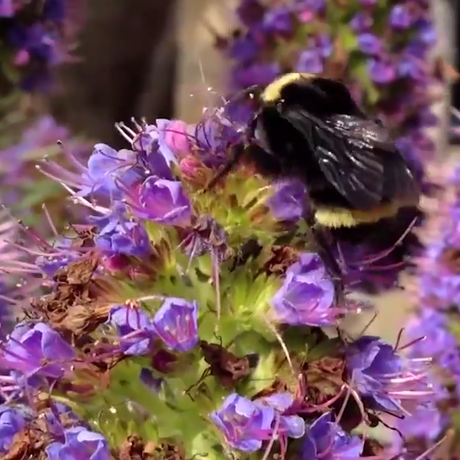Featured Articles
Today's post is Science Today's last. Thanks for joining us these past eight years!
Ecologically- and economically-rich coral reefs occur in very specific places on our planet.
New species finds include a succulent plant, worms and crustaceans near a hydrothermal vent and desert bees.
How can we effectively communicate the urgency around plastic pollution in the ocean to effect change?
Three new studies that we don’t want you to miss!
The monarch genome reveals the mechanisms behind migration, color and the butterfly's origin.
Butterfly larvae, otherwise known as hungry caterpillars, like many other animals avoid predators in a couple
The search for better biofuels could get a boost by learning from a termite.
We lost the dinosaurs, but gained modern-day forests thanks to the large impact event 66 million years ago.
Some clownfish larvae travel hundreds of kilometers before settling down in anemone.
New research proves that opposites attract: Bees are positively charged; flowers are negatively charged.

